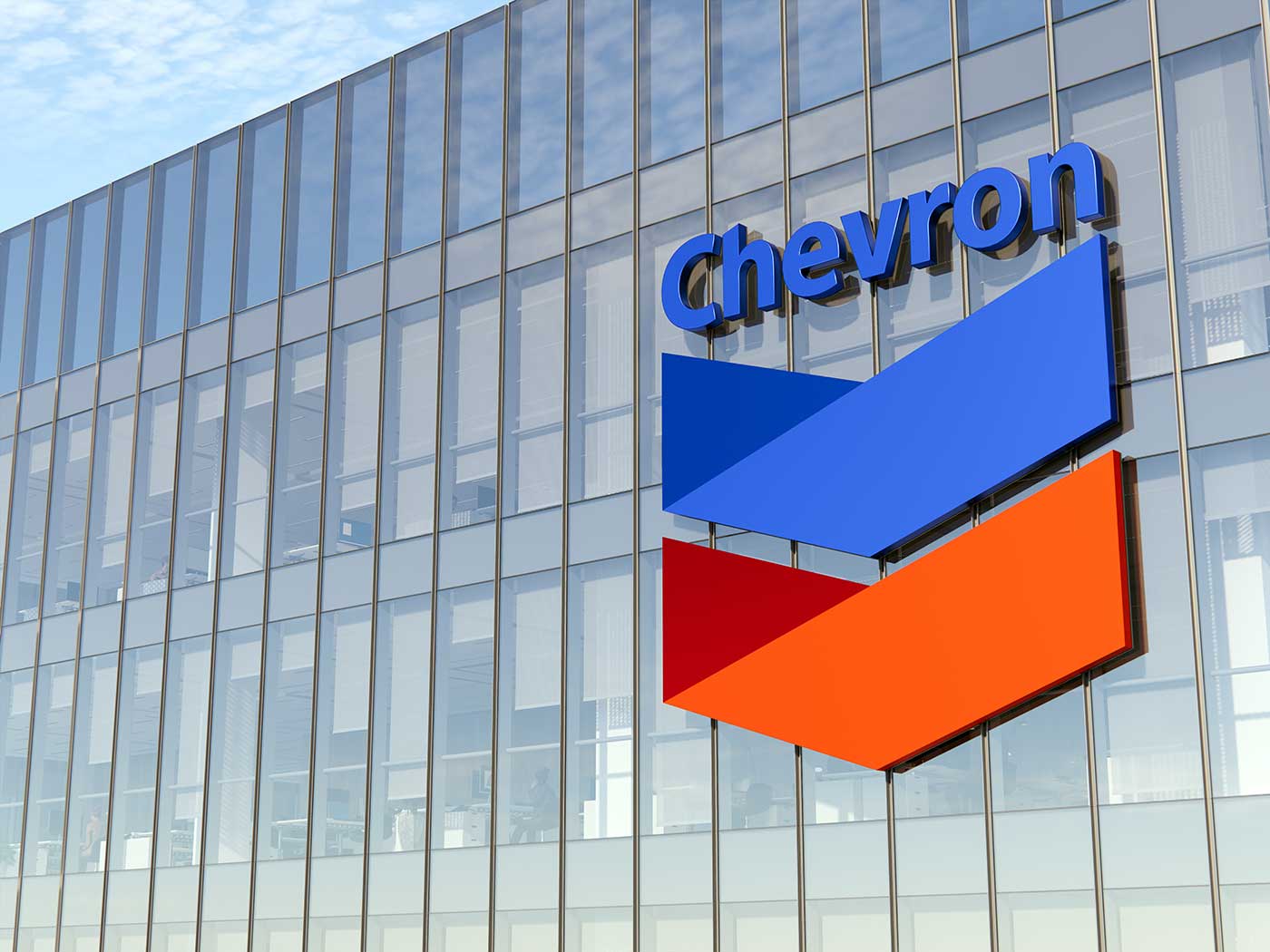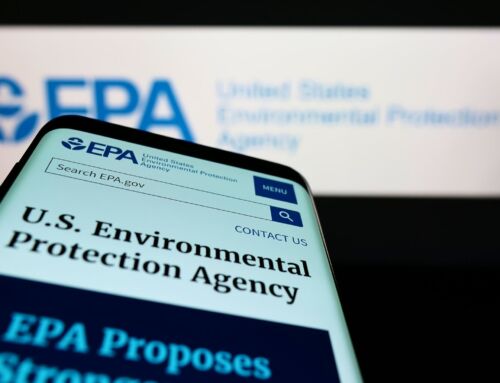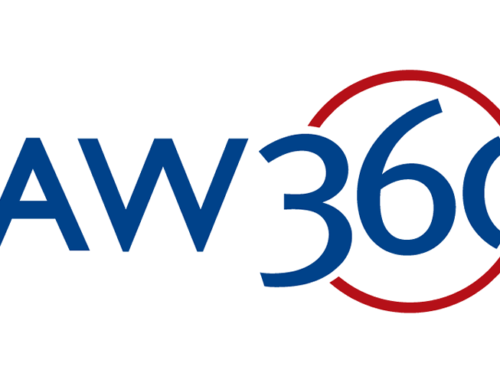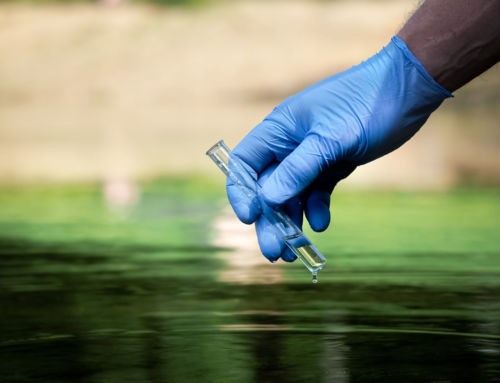
The settlement from Chevron, Irving, and Valero will go toward emergency response and ongoing remediation of contamination by methyl tertiary-butyl ether, or MTBE
By Brian Amaral Globe Staff, Updated August 11, 2022, 2:10 p.m.
PROVIDENCE – Three energy giants will pay a combined $1.8 million to Rhode Island to resolve the state’s lawsuit over soil and groundwater pollution caused by a gasoline additive, Attorney General Peter Neronha announced Thursday.
The settlement from Chevron, Irving, and Valero will go toward emergency response and ongoing remediation of contamination by methyl tertiary-butyl ether, or MTBE. Rhode Island settled with other energy companies earlier this year for $17 million.
“MBTE contamination of public water supplies poses a significant public health and safety risk, one which oil and gas companies knew about well before the public did,” Neronha said in a news release announcing the settlements, which were entered in Rhode Island federal court. “The work to remediate contaminated water supplies continues, and the funds recovered to date, including today, will be exclusively dedicated to doing that work. In the meantime, this Office remains strongly committed to ensuring that the remaining oil and gas defendants are held responsible for the damage they have caused to the people of Rhode Island and the environment.”
Under the settlements announced Thursday, Chevron will pay $175,000, Irving will pay $625,000, and Valero will pay $975,000. The state has now recovered almost $19 million under its MTBE litigation. Neronha’s office will oversee the distribution of the funds. The remediation efforts are being led by the state Department of Environmental Management
Rhode Island is still suing gas refiners including BP and ExxonMobil, Neronha’s office said. The companies that previously reached settlements include Shell, Sunoco, CITGO, Hess, Total Petrochemicals & Refining USA, Inc., Marathon, and Conoco. Separately, Neronha’s office said, ExxonMobile settled a class action lawsuit for $7 million in 2012 over MTBE contamination of Pascoag’s water supply.
According to the state’s suit, the companies sold, marketed, and distributed gas and other petroleum products that had MTBE even though they knew or should have known that MTBE would leak out and cause contamination of the state’s water supply, Neronha’s office said. According to Neronha, MTBE has leaked for decades from underground storage tanks found at gas stations and contaminated groundwater and soil. That’s happened in Rhode Island and around the country, Neronha’s office said.
MTBE is considered a probable human carcinogen, and was banned in Rhode Island in 2007, but it continues to contaminate groundwater around the state, Neronha said.



